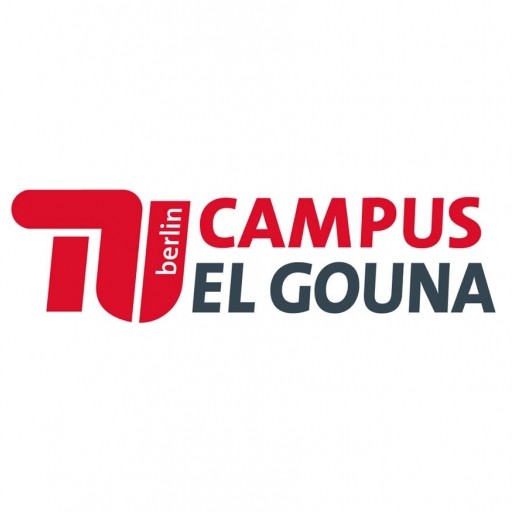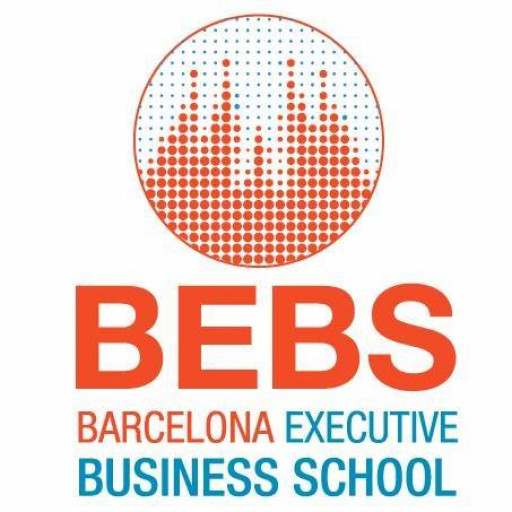Supply Chain Innovation at Swinburne University of Technology is an advanced undergraduate program designed to equip students with the latest knowledge and practical skills required to excel in the rapidly evolving field of supply chain management. This innovative degree focuses on the integration of traditional supply chain principles with emerging technologies and industry trends, preparing graduates to lead transformation efforts and drive efficiency in global logistics, procurement, and operations. Throughout the course, students will explore key concepts such as supply chain strategies, digital disruption, data analytics, and sustainable practices, ensuring they are well-versed in contemporary challenges and solutions. The program emphasizes real-world applications through industry projects, internships, and collaborative research, enabling students to develop critical thinking and problem-solving abilities. Faculty members are experts in logistics, technology, and business management, providing mentorship and industry connections that facilitate a seamless transition from academic learning to professional practice. Graduates of the Supply Chain Innovation program will be qualified to pursue careers in supply chain management, procurement, logistics consultancy, operations management, and related fields across various industries. The curriculum is regularly updated to incorporate the latest developments in supply chain technology, such as automation, artificial intelligence, blockchain, and Internet of Things (IoT), ensuring students remain competitive in a dynamic marketplace. Additionally, the program offers opportunities for specialization and further study, including pathways to postgraduate research or professional certifications. With a focus on innovation, sustainability, and technology, Swinburne’s Supply Chain Innovation program prepares students to become forward-thinking industry leaders capable of transforming supply chains for a smarter, more resilient future.
The Bachelor of Supply Chain Innovation at Swinburne University is designed to prepare students for the dynamic and evolving field of supply chain management by combining core logistical principles with innovative strategies and cutting-edge technology. This program equips students with a comprehensive understanding of supply chain planning, procurement, logistics, and operations management, emphasizing the importance of innovation in achieving competitive advantage. Throughout the course, students explore topics such as supply chain design, digital transformation, data analytics, and sustainable practices, enabling them to develop resilient and efficient supply networks. The curriculum integrates theoretical knowledge with practical skills through industry-based projects, case studies, and collaborative assignments, ensuring graduates are ready to meet the challenges of modern supply chains. Students also have access to state-of-the-art simulation labs and learn to utilize advanced tools such as enterprise resource planning (ERP) systems and supply chain management software. By engaging with real-world scenarios and contemporary issues like global disruptions, e-commerce, and environmental sustainability, learners develop critical thinking and problem-solving abilities essential for leadership roles. The program emphasizes innovation not only in logistical processes but also in leveraging emerging technologies such as artificial intelligence, blockchain, and IoT to optimize supply chain performance. Upon graduation, students will be prepared for diverse career opportunities across manufacturing, logistics, retail, and consulting industries, where they can implement innovative solutions to improve efficiency and sustainability. The Bachelor of Supply Chain Innovation provides a future-focused education that combines academic rigor with industry relevance, fostering graduates who are capable of transforming supply chain operations and driving organizational success in a complex global environment.
- Regular entry: a recognized bachelor degree
- Non-graduate specific entrance: minimum 3 years appropriate industry experience. English language requirements - satisfactory completion of a few of the following: Swinburne's English for Academic Purposes (EAP 5 Advanced degree ) with overall 70 percent, each of skills 65%
- Minimum IELTS overall band of 6.5 (Academic Module) with no single band below 6.0
- TOEFL iBT (web-based ) minimum score of 79 with a reading band no less than 18 and writing band no less than 20
- Pearson (PTE) minimum score of 58 (no real skills significantly less than 50)
- Any other equivalent assessment of English language competence. Note: A requirement for most courses, the Pearson Test of English Academic (PTE Academic) can currently be done online campus at Hawthorn.
The financing studies for the Supply Chain Innovation program at Swinburne University of Technology typically involve a combination of government support, tuition fees paid by students, and possible financial aid options. International and domestic students are generally required to pay tuition fees, which vary each year and depend on the mode of study (full-time or part-time) and residency status. For domestic students, Commonwealth Supported Place (CSP) options are available, which significantly reduce the cost of tuition by subsidizing part of the fees through government funding. International students usually pay full tuition fees, which are billed per unit or semester, and these can be paid upfront or via payment plans as arranged with the university.
Students may also explore scholarships and grants that Swinburne offers to eligible students, which can help offset part of their study costs. These scholarships are often awarded based on academic merit, financial need, or specific criteria related to the student's background or intended field of specialization. Additionally, some students may choose to finance their studies through external loans or government programs available in their home country, depending on their circumstances.
The university provides detailed financial planning resources, including cost estimates and guidance on managing expenses related to tuition, textbooks, and living costs. International students should consider additional expenses such as health insurance (Overseas Student Health Cover) and visa application fees. Swinburne also offers flexible payment options, allowing students to pay their fees in installments over the semester or year, easing the financial burden.
The availability of postgraduate study loans or financial aid programs varies by country; therefore, students are advised to check with their local government or educational agencies for additional funding opportunities. Overall, the financial considerations for students enrolled in the Supply Chain Innovation program involve a mix of government support, university scholarships, external funding, personal savings, and potentially, educational loans, all aimed at making higher education accessible and manageable for students from diverse backgrounds.
The Bachelor of Supply Chain Innovation at Swinburne University of Technology is a comprehensive program designed to develop the skills and knowledge necessary for managing and innovating within modern supply chains. This degree program combines foundational business and logistics concepts with advanced topics such as digital supply chains, supply chain analytics, and innovative technologies affecting global logistics. Students are equipped to tackle complex supply chain challenges by integrating strategic thinking, problem-solving, and technological proficiency. The curriculum emphasizes practical learning through industry projects, internships, and case studies, providing students with real-world experience. Swinburne leverages its strong industry links to ensure that graduates are ready to meet the evolving demands of the supply chain sector. The program fosters skills in areas such as procurement, inventory management, transportation, and logistics management, while also highlighting emerging trends like automation, blockchain, and sustainable supply chain practices. The flexible delivery mode includes face-to-face classes, online learning components, and collaborative projects, enabling students to tailor their education to their career aspirations. Graduates of this program are prepared for careers in supply chain management, logistics, procurement, consulting, and related fields across various industries. The university's focus on innovation ensures that students are encouraged to think creatively and develop innovative solutions to supply chain problems, positioning them as future leaders in the industry.










